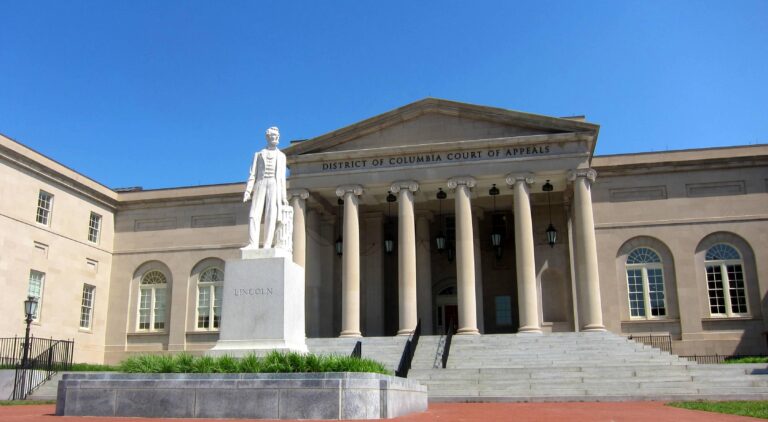In a significant legal development, a federal appeals court has blocked a lower court ruling that had ordered former President Donald Trump to restore control of the California National Guard to state authorities. The decision marks a pivotal moment in the ongoing dispute over the command and jurisdiction of the National Guard, underscoring the complex interplay between federal and state powers. This ruling not only affects California’s National Guard leadership but also raises broader questions about federal authority and state rights amid political tensions.
Appeals Court Halts Order Reinstating California’s Command Over National Guard
The recent decision by the appeals court marks a significant development in the ongoing legal battle over the control of California’s National Guard. The court’s intervention prevents the immediate return of command to state authorities, maintaining federal oversight for the time being. This ruling arises amid escalating tensions between state and federal governments regarding the operational control and deployment of the National Guard units within California’s borders.
Key points in the appeals court decision include:
- The federal government retains current command, blocking the state’s reinstatement effort.
- The ruling underscores legal complexities surrounding federalism and military authority.
- Potential implications for future National Guard mobilizations during emergencies.
| Authority | Control Status | Legal Basis |
|---|---|---|
| Federal Government | Maintained | Federal Supremacy Clause |
| California State | Blocked | Pending Appeal |
Legal Arguments Underpinning the Court’s Decision to Maintain Federal Control
The appellate court’s determination hinges on constitutional and statutory interpretations affirming the federal government’s authority over the National Guard when activated under certain federal statutes. Central to the court’s reasoning was the Supremacy Clause of the U.S. Constitution, which establishes federal law as the “supreme Law of the Land,” effectively preempting conflicting state directives. The defense argued that the National Guard’s federal activation under Title 10 of the U.S. Code supersedes state control, thereby justifying sustained federal oversight despite California’s objections.
The judges also pointed to precedent cases that underscore the President’s command authority during times of national emergencies or federal missions. The legal analysis included a detailed review of Title 32 versus Title 10 distinctions, highlighting that once the Guardsmen transition to federal status, states lose command privileges until they are relieved from federal duty. A concise comparison is illustrated in the table below:
| Jurisdiction | Authority Status | Control Rights |
|---|---|---|
| State (Title 32) | State Activated | Governor Retains Command |
| Federal (Title 10) | Federal Activation | President Holds Command |
- Federal statute precedence was prioritized to maintain operational cohesion.
- Judicial deference to the executive branch’s war powers was emphasized.
- < It looks like your message was cut off at the last bullet point. Would you like me to help you complete that list or summarize the key points?
Implications for State-Federal Relations and Guidance for Future National Guard Disputes
The recent appellate court decision underscores the delicate balance of power inherent in state-federal relations. It reaffirms the federal government’s authority to assume control over National Guard units during periods of national emergency, while simultaneously highlighting states’ ongoing rights to command their Guards during peacetime or non-federalized circumstances. This ruling sets a significant legal precedent, signaling that disputes over National Guard authority will likely continue to test constitutional boundaries, especially when state and federal priorities sharply diverge.
Moving forward, policymakers and military leaders must consider clearer frameworks to navigate these conflicts. Key recommendations include:
- Implementing bilateral agreements to preempt jurisdictional clashes
- Establishing explicit protocols for activation and command transfer
- Enhancing communication channels between state governors and the Department of Defense
Such measures could mitigate future disputes, ensuring readiness without sacrificing state sovereignty. The evolving legal landscape invites ongoing dialogue and collaboration aimed at harmonizing national security demands with constitutional mandates.
In Summary
As the legal battle over control of the California National Guard continues, this recent appeals court decision marks a significant development in the ongoing dispute between state and federal authorities. With both sides poised to pursue further legal action, the case underscores the complex interplay of power in managing the National Guard and its critical role in state and national security. Observers and residents alike will be closely watching how the courts ultimately resolve this high-stakes conflict.




